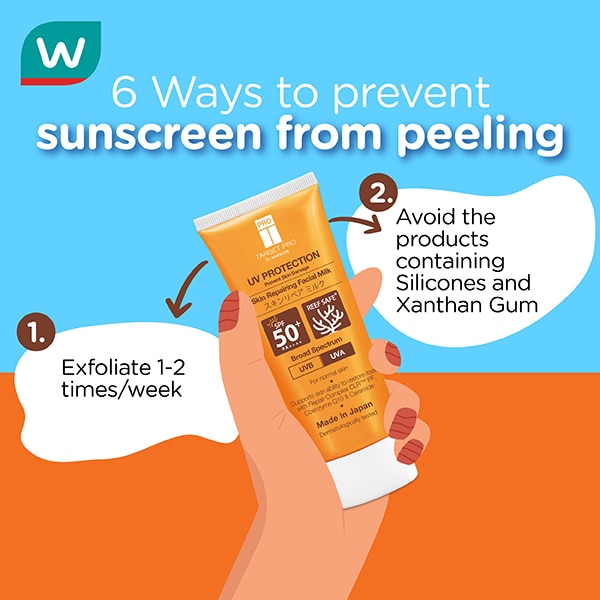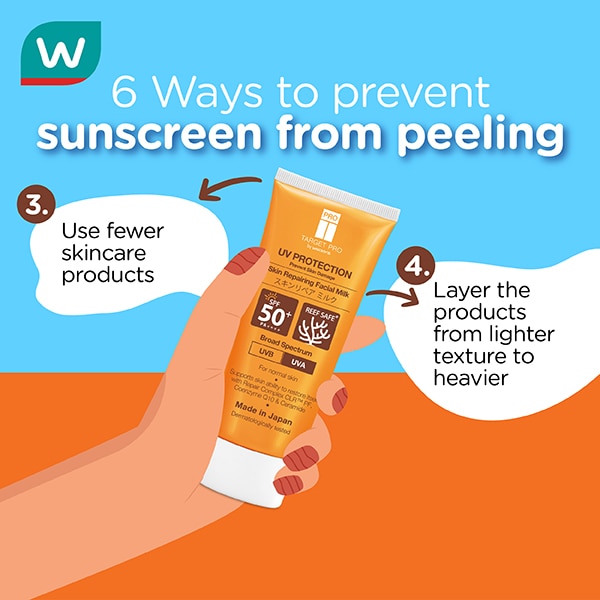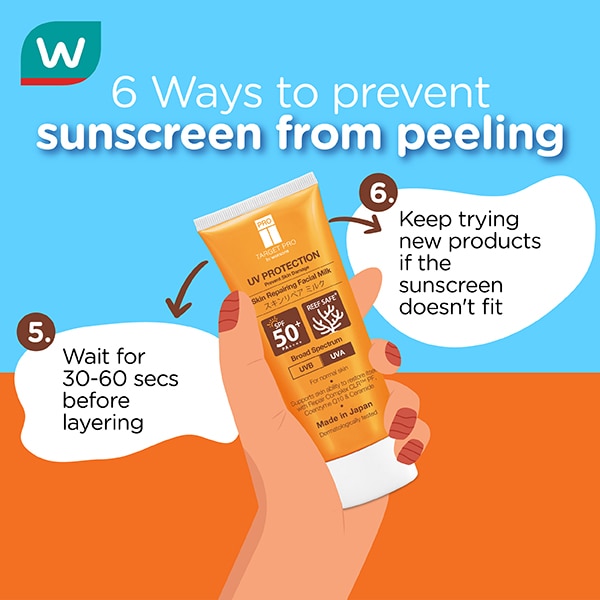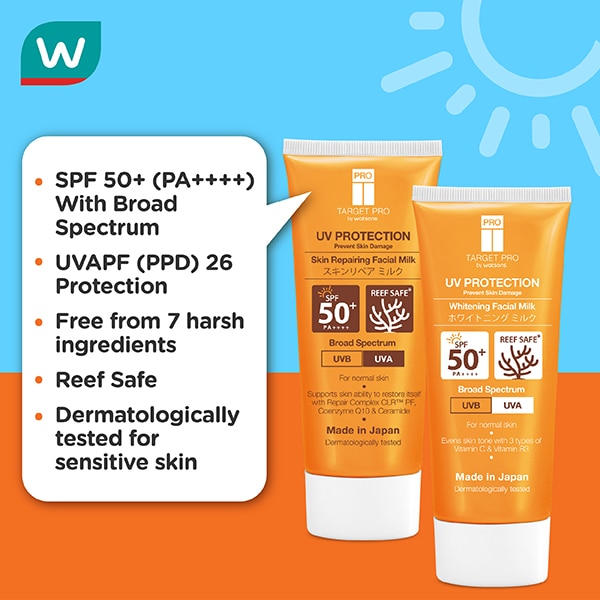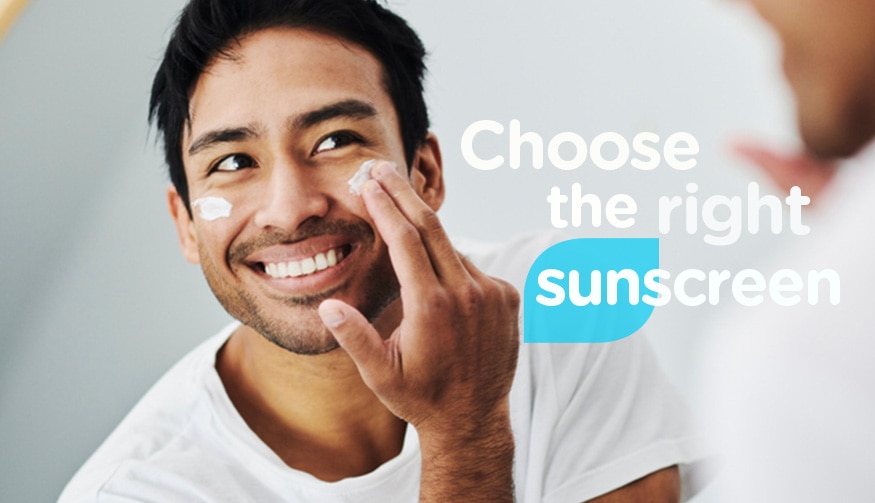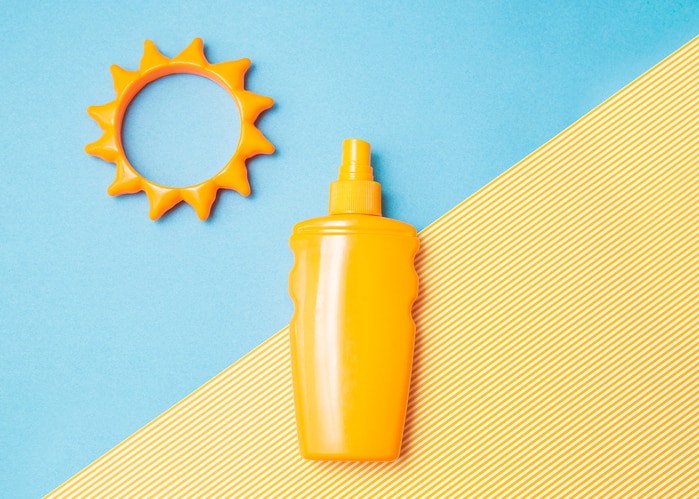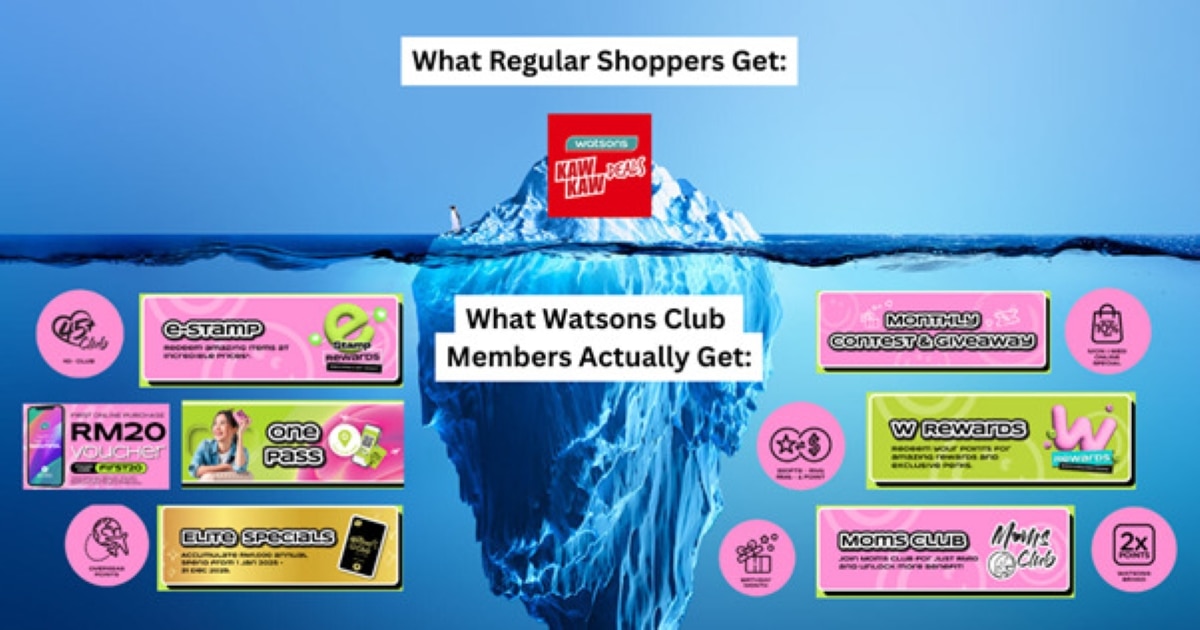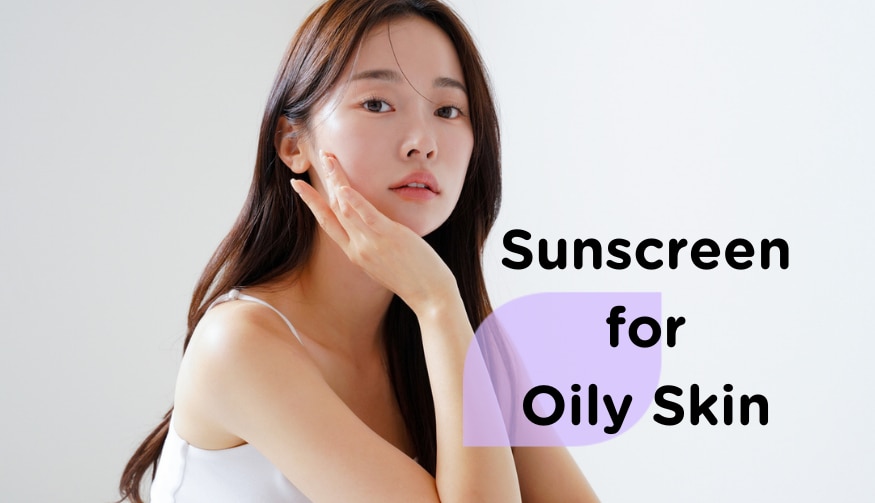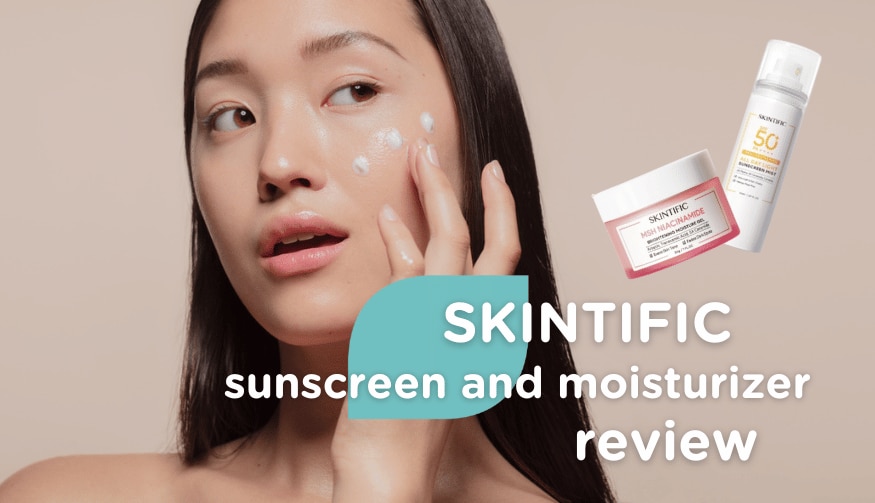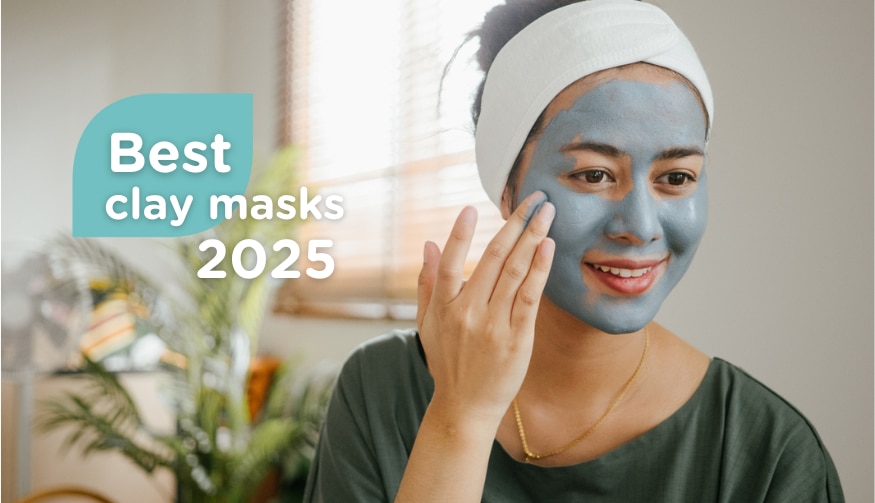Slathering on a layer of sunscreen is a great way to avoid a sunburn on a sunny day. Yet, looking for sunscreen is not an easy task, but it’s certainly worth it. Not sure what SPF to buy? Read on and find out what to look for when stocking up on sunscreen this summer.
1. Choose SPF 30 or above
Doubling the SPF doesn’t mean doubling the protection. An SPF of 15 blocks 93% of UVB radiation, while SPF 30 filters 97% and SPF 50 filters 98% of the harmful rays. There isn’t much difference between SPF 30 and SPF 50. The truth is no sunscreen filters sun rays completely, so any sunscreen that is both broad spectrum (protect against both UVA and UVB rays) and above SPF 30 is a great choice. Just keep in mind that the higher the SPF rating, the thicker the sunscreen tends to be.

#2 Choose water resistant
A water-resistant sunscreen is good for hot days as it lasts longer, even if you’re just sweating, not actually going in the water. Remember there’s no such thing as a totally waterproof sunscreen, so steer clear of sunscreens that make this claim. Sunscreens marked accordingly can be water-resistant for up to 40 or 80 minutes. For best results, reapply sunscreen at least every 2 hours and even more often if you are swimming or sweating.
#3 Consider your skin type & time outdoor
To get the most out of your sunscreen, find one that works with your specific skin type and amount of time you plan to spend in the sun. If you have acne or oily skin, make sure that your sunscreen is water-based with a matte finish and labelled as ‘non-comedogenic’. When you have dry skin, your main aim should be adding additional moisture. Any sunscreen enriched with moisturizing ingredients such as ceramides, glycerin, hyaluronic acid is ideal. Let’s take a look of the SPF selection guide below:

#4 Stick to creams over sprays
Sunscreens in a spray can may be convenient but it can be hard to guarantee that enough sunscreen is making it onto your skin, especially if the sunscreen is transparent. For truly effective coverage, cream/lotion is the way to go. If your only option is a spray, be sure you apply a generous layer of product to your skin and rub it in.
